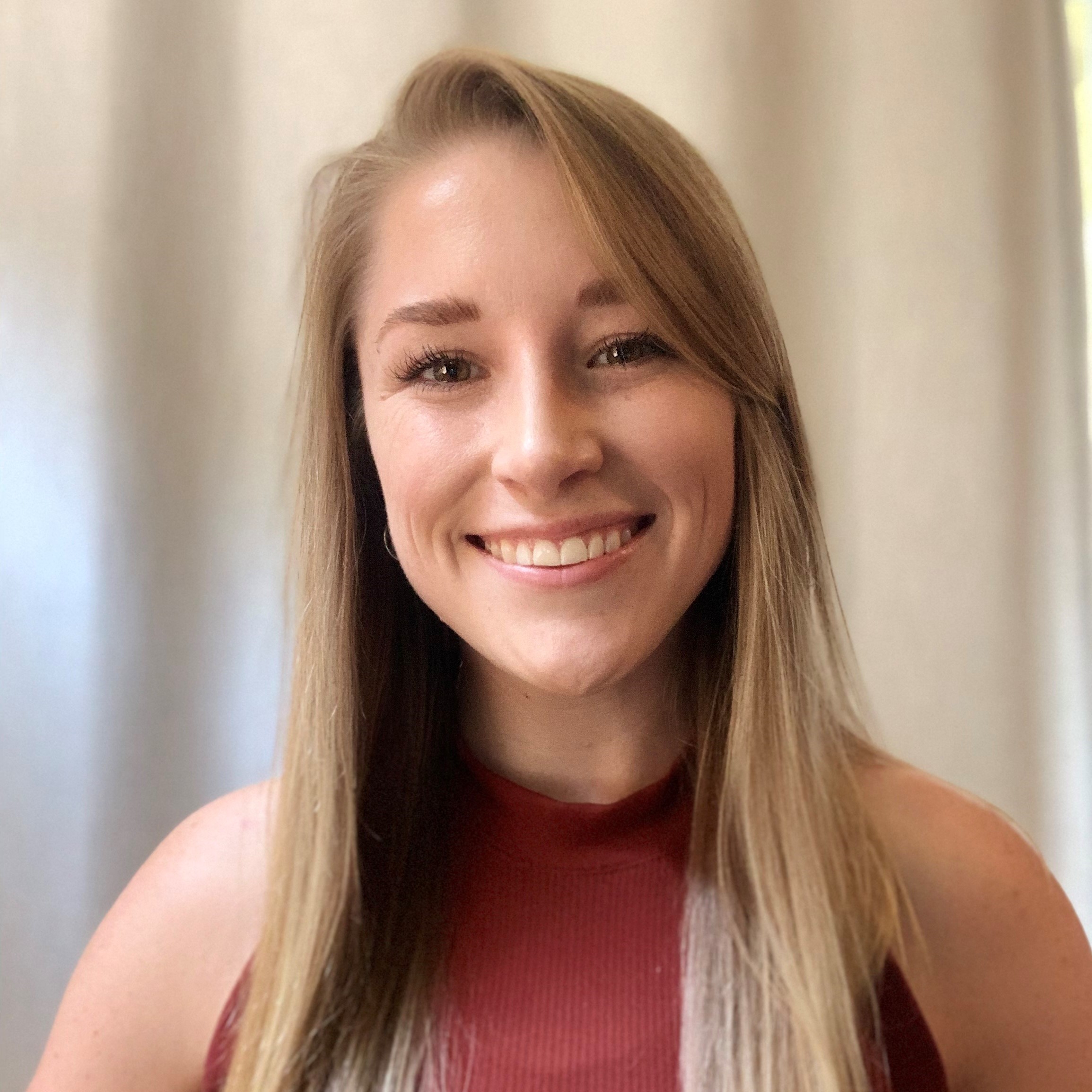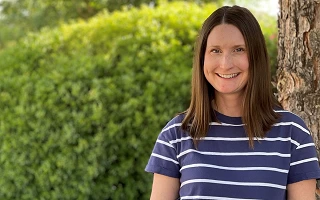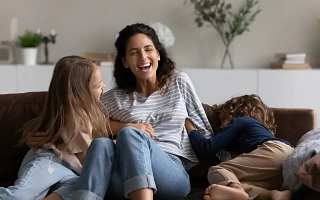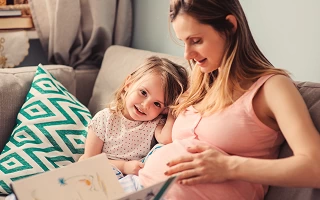When you hear about domestic violence you probably think of physical or sexual assault. There are other types of domestic violence that are just as devastating. Both men and women experience domestic violence.
When you hear about domestic violence you probably think of physical or sexual assault. There are other types of domestic violence that are just as devastating. Both men and women experience domestic violence.
Catholic Charities’ Pathways program helps individuals experiencing domestic violence by providing support and transition services. These include safety planning, counseling, court accompaniment, life skills education, individual counseling, support groups in English and Spanish and more. 
Anna Joyave, mobile victim advocate, spends a lot of time in the community. “People aren’t always aware that they are being abused. They are living in fear but don’t feel like its abuse because they aren’t being hit.” There are other forms of domestic violence.
Types of Domestic Violence
Physical Abuse
This includes any violence that is physical like hitting, grabbing, slapping, biting, confinement and more. Intimidation, such as punching a hole in a wall or destroying furniture, like cups and lamps is also physical abuse.
Sexual Abuse
Force or coerce a person into unwanted sexual conduct or exposure. This also includes treating someone in a sexually demeaning way.
Economic Abuse
When a person has no money or access to money, they have limited options. “Abusers like to keep their victims from working so they can’t leave. If they have never worked, they won’t be able to support themselves or their children,” said Joyave.
Emotional Abuse
This may take the form of name calling, criticism or manipulating a person so that they have no self-esteem.
Psychological Abuse
Seemingly similar to emotional abuse, psychosocial abuse takes abuse to a different level through fear and intimidation. This may include gas lighting a person or convincing them they are crazy or unable to make decisions or survive on their own.
The Impact of Abuse
Do you know someone who is a survivor of domestic violence? Before you say no, consider carefully. “1 in 4 women and 1 in 7 men report falling victim to domestic violence. It’s suspected that the statistic for men is actually higher but reports show 1 in 7 due to the lack of reporting,” said Joyave.
All of these forms of abuse are devastating to victims. “Clients need years of therapy to undo the damage that has been done,” said Joyave. “It’s important for people to know that abuse in any form is just as relevant and imprisoningas being beaten.”
Leaving Abuse
Leaving a domestic violence situation is dangerous and complex. “It’s not easy to leave an abuser in Arizona. Clients can’t afford to live alone, and most are too scared to live with a stranger. There are domestic violence shelters but they are regularly full, as is low income housing,” said Joyave.
For many, part of the pattern of abuse involves isolating people from family and friends. This can leave survivors with no one to call on for help. If the isolation included economic abuse, survivors may have no money or job skills.
Abuse isn’t always apparent at the beginning of relationships, survivors truly love their abusers, and they may even share children. “We’ve seen abusers isolate their victims and keep them from working or having any outside contact.
Once they leave, the abuser will try to get custody of children because the survivor can’t support the children financially.”
Many survivors don’t know there is help or resources for them. The Pathways team steps in to help survivors make an exit plan, find housing, file court paperwork, offer support and connect them to resources. Each situation is different and may require different ways to help.
If you or someone you know is experiencing domestic violence, call Anna Joyave at (480) 821-1024.
{sh404sef_social_buttons}








